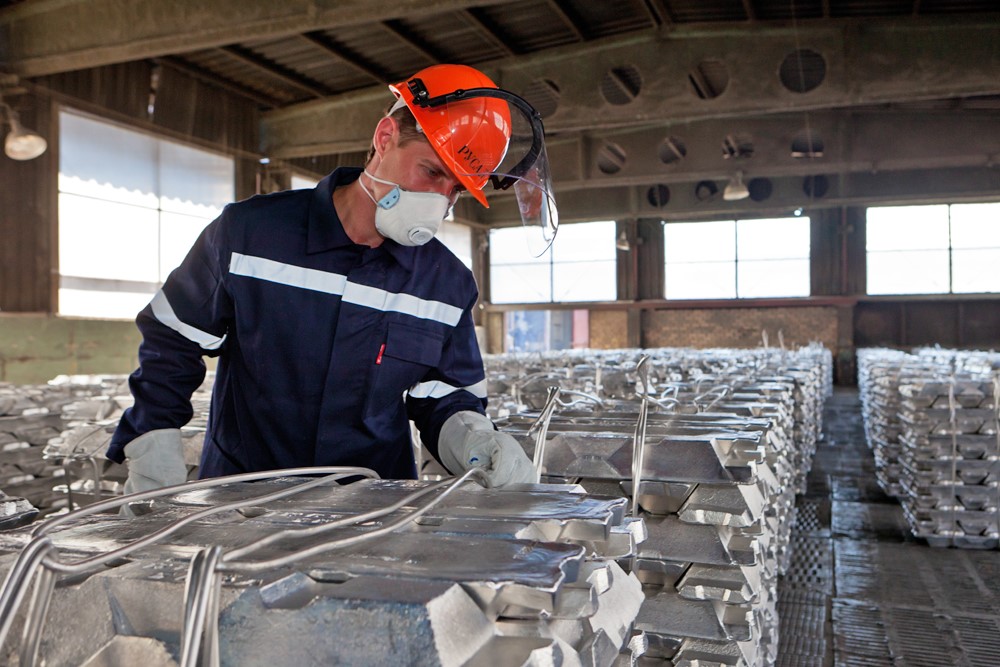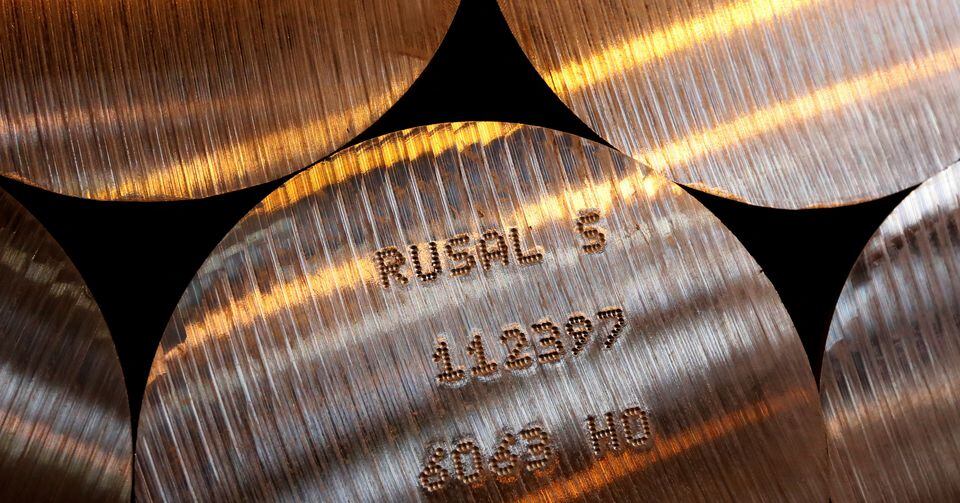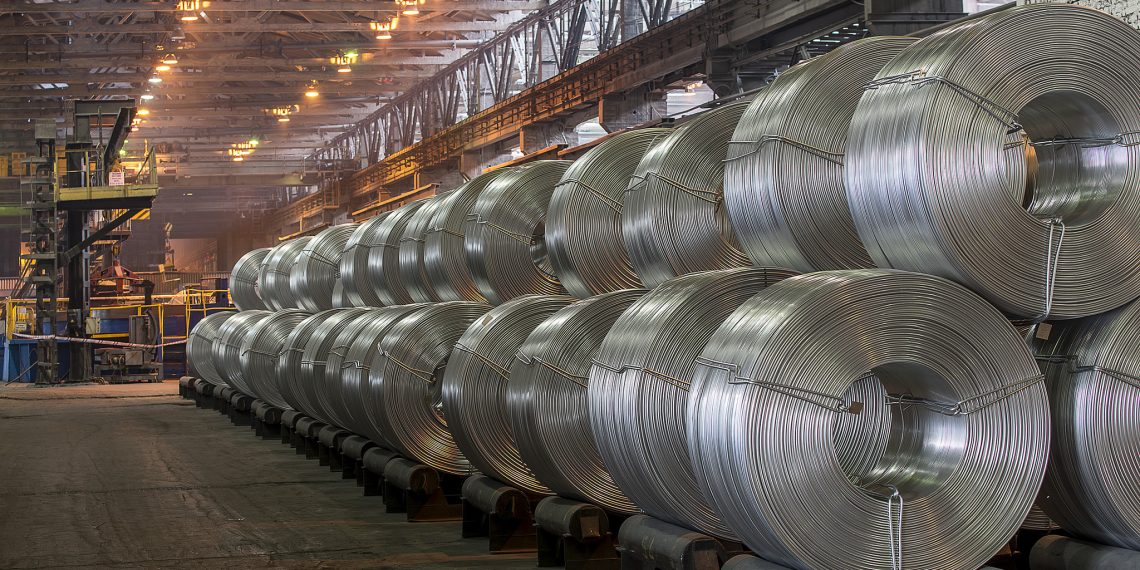The possibility of a European Union (EU) ban on Russian aluminum has sparked concerns over potential supply shortages, triggering aggressive competition among European and U.S. buyers for Middle Eastern aluminum.
If the EU proceeds with the ban, reminiscent of sanctions imposed on Rusal in 2018, it could lead to significant price rises in the aluminum market.
Middle Eastern countries like the United Arab Emirates and Bahrain are expected to become key suppliers, exacerbating inflation for Western industries like transport, packaging, and construction already grappling with high raw material costs.

Aluminium, crucial for electric vehicles and favored for its lightweight properties, faces heightened demand as the automotive industry shifts toward electric mobility. With discussions ongoing in the EU regarding sanctions on Russian aluminum, attention turns to alternative supply sources.
Middle Eastern producers accounted for a substantial portion of global aluminum supplies last year, with shipments to Europe and the U.S. making up a significant portion.
The potential loss of Russian aluminum could leave Europe with a shortfall, prompting a scramble for alternative supply sources. However, Middle Eastern suppliers may not be able to immediately meet Europe’s needs.

Buyers in both Europe and the U.S. are likely to see increased premiums to attract metal away from other regions, potentially leading to price spikes similar to those observed in 2018 when sanctions were imposed on Rusal.
The response of the London Metal Exchange (LME) will also influence market dynamics, particularly if it decides to ban Russian-origin aluminum. While price rises may not match those seen in 2018 due to surpluses in Asia and potential diversions of Russian supply to China, they are expected to be significant.
As geopolitical tensions persist and freight costs rise due to security concerns in the Red Sea, the aluminum market faces uncertainty amidst shifting supply dynamics.





